Suzuki has been forced to suspend vehicle production due to China’s rare earth export restrictions as Beijing’s tightens controls on critical materials.
Production of the Swift small car - excluding the Swift Sport - was halted on May 26, according to reports, with the company citing a shortage of components tied to the export curbs.
The car maker has pushed back plans to restart output several times but now expects a partial restart at its Sagara plant in Japan on June 13, with full production to resume after June 16. In a statement, Suzuki said the “prospect of parts supply is clearer,” but acknowledged continued uncertainty in the supply chain.
Suzuki has been forced to suspend vehicle production due to China’s rare earth export restrictions as Beijing’s tightens controls on critical materials.
Production of the Swift small car - excluding the Swift Sport - was halted on May 26, according to reports, with the company citing a shortage of components tied to the export curbs.
The car maker has pushed back plans to restart output several times but now expects a partial restart at its Sagara plant in Japan on June 13, with full production to resume after June 16. In a statement, Suzuki said the “prospect of parts supply is clearer,” but acknowledged continued uncertainty in the supply chain.
The disruption stems from China’s decision in April to impose export restrictions on several rare earth elements and magnets - key components in both internal combustion and electric vehicles - as a countermeasure to recent US tariffs.
Several European car supplier plants and production lines have already been forced to shut down, according to CLEPA, the European association of automotive suppliers.
“With a deeply intertwined global supply chain, China’s export restrictions are already shutting down production in Europe’s supplier sector,” said CLEPA secretary general Benjamin Krieger. “We urgently call on both the EU and Chinese authorities to engage in a constructive dialogue to ensure the licensing process is transparent, proportionate, and aligned with international norms.”
He said that since the new controls took effect, hundreds of export licence applications have been submitted, but only around a quarter have reportedly been approved. Some requests have been denied on procedural grounds or have required disclosure of IP-sensitive information.
While export controls on dual-use items are not uncommon, critics argue that China’s implementation lacks the transparency and lead time typically expected in global trade. The current approach, he said, not only threatens short-term supply but undermines long-term trust.
Krieger warned that continued disruption could accelerate European efforts to diversify supply chains and invest in rare earth-free technologies, but these solutions won’t resolve the immediate crisis.
“These measures offer no short-term solutions and cannot address the acute risks currently facing supply chains,” he said. “They also threaten automotive production and thousands of jobs in the European Union.”
Login to continue reading
Or register with AM-online to keep up to date with the latest UK automotive retail industry news and insight.

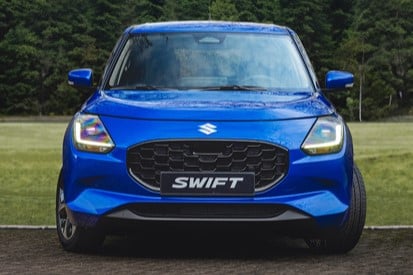


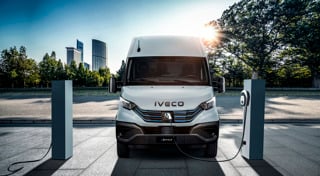
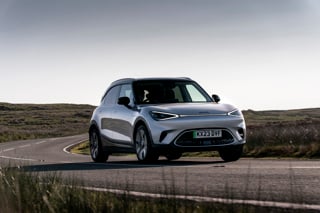
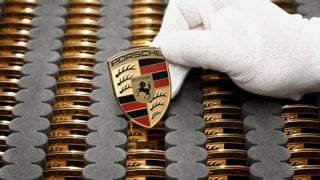
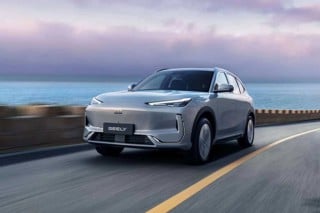












Login to comment
Comments
No comments have been made yet.